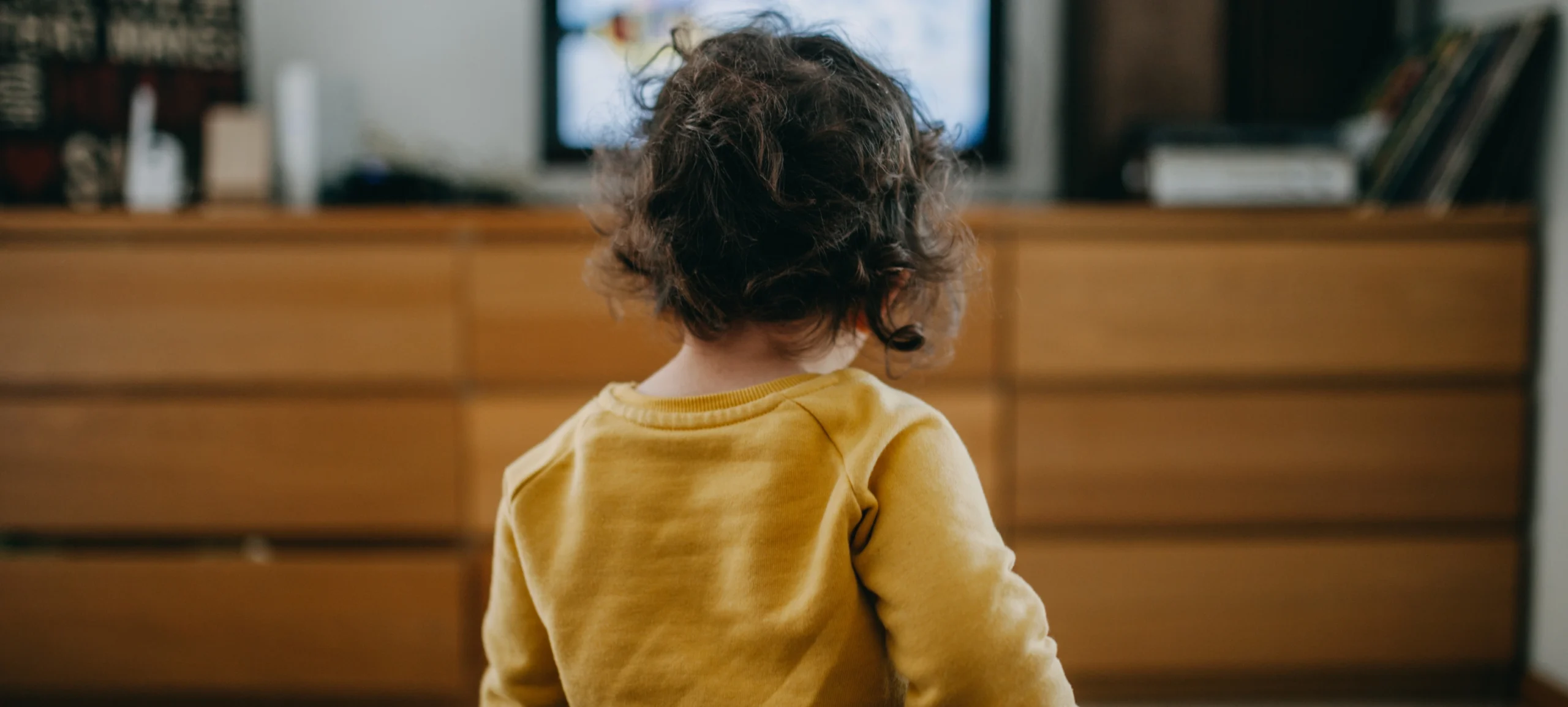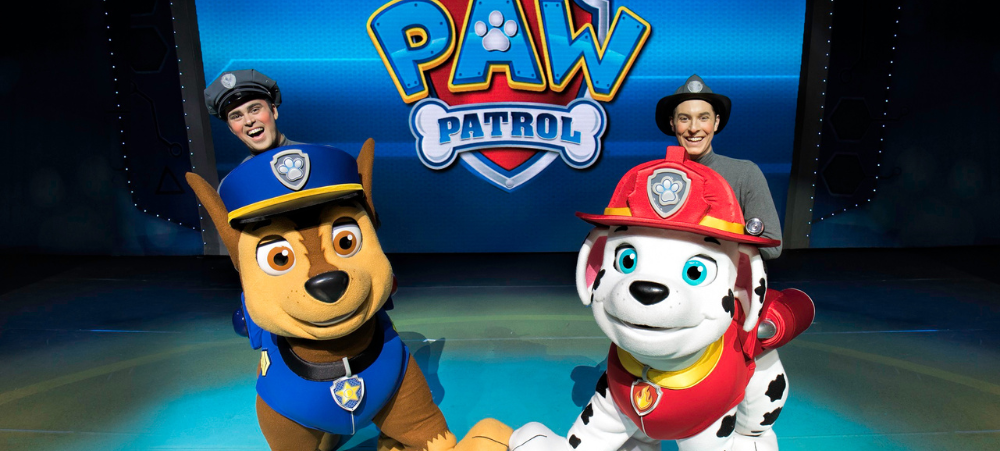Children often exhibit a strong preference for watching the same television shows repeatedly, a behaviour that can puzzle and sometimes concern parents. However, this tendency is rooted in developmental benefits and serves various psychological and cognitive functions. Understanding the reasons behind this repetitive viewing can help parents appreciate its value and manage screen time effectively.
The Comfort of Familiarity
Repetition provides children with a sense of predictability and security. In a world that is often new and unpredictable to them, familiar shows offer a safe environment where they know what to expect. This familiarity can be especially comforting during times of change or stress, helping to regulate emotions and provide stability.
Enhancing Comprehension and Learning
Repeated viewing allows children to grasp narratives and concepts more deeply. Each repetition offers an opportunity to understand the storyline better, recognise nuances, and anticipate outcomes, which enhances comprehension skills. This process mirrors how repetition is used in educational settings to reinforce learning.
For instance, the children’s program “Blue’s Clues” was designed with repetition in mind. Research indicated that repeated viewings of the same episode improved children’s problem-solving abilities and increased audience participation. Children became more skilled at solving similar problems not presented in the episode after multiple viewings. This approach demonstrated that repetition could foster empowerment and engagement in young viewers.
Building Confidence and Mastery
When children watch the same show repeatedly, they become familiar with the content, which can boost their confidence. Anticipating what happens next and understanding character motivations provide a sense of mastery. This mastery is satisfying and encourages them to apply similar skills in new situations, promoting cognitive development.
Emotional Regulation and Coping Mechanism
Familiar shows can serve as a tool for emotional regulation. Children may turn to beloved programs to soothe themselves when they are upset or anxious. The predictability of the content provides a calming effect, helping them manage their emotions more effectively.
Parental Perspectives and Nostalgia
Many parents are turning to TV shows from the ’90s and early 2000s for their children as a gentler alternative to today’s stimulating programming. Classic shows like “Franklin,” “Little Bear,” and “Max & Ruby” offer a calming and soothing viewing experience, appealing to parents seeking a break from fast-paced content. These slower-paced shows can enhance children’s focus and emotional regulation, making them developmentally beneficial.
Cognitive Benefits of Repetitive Viewing
Watching certain types of television content, such as game shows like “Jeopardy!” and “Wheel of Fortune,” can boost cognitive health. These shows enhance problem-solving skills, improve memory, and strengthen the mind by requiring viewers to pay close attention and process information quickly. Engaging in these activities can boost mental acuity and help with accessing stored information faster, which is particularly beneficial for older adults.
Recommendations for Parents
While repetitive viewing has its benefits, it’s essential to maintain a balanced media diet. Here are some recommendations for parents:
- Encourage Diversity: Introduce a variety of shows that offer different themes, cultures, and lessons to broaden your child’s perspective.
- Interactive Viewing: Engage with your child during screen time by asking questions and discussing the content to enhance comprehension and critical thinking.
- Set Limits: Establish appropriate screen time boundaries to ensure a healthy balance between media consumption and other activities like outdoor play, reading, and social interactions.
- Monitor Content: Ensure that the shows your child watches are age-appropriate and align with your family’s values.
In conclusion, children’s inclination to watch the same shows repeatedly is a natural behaviour that supports various aspects of their development. Recognising the benefits of this repetition can help parents make informed decisions about media consumption and appreciate the positive role it plays in their child’s growth.
Sources
- Blue’s Clues – Wikipedia
- Parents Are Turning to ’90s TV to Help Their Kids Focus – Parents
- Why Kids Love Blue Dogs in TV Shows – Parents
We understand that there are many aspects that encompass a Mother, Father or Child and strive toward providing resources and services that accommodates this.
Our content is aimed to inform and educate families on issues starting from pregnancy through to the challenges of the teen-age years.
- Tiny Toons Looniversity Returns: Meet the Voice Behind Plucky and Hamton! - December 12, 2025
- From Pain to Possibility: Panado®’s New Marketing Campaign, Highlights The Joy Of Pain Relief - December 10, 2025
- Feeding Unicorns by Jeni-Anne Campbell: A bold new book for business leaders who care - December 9, 2025






1 thought on “Why Kids Love Watching the Same Shows on Repeat (and Why It’s Okay)”
I always laughed at my daughter watching cocomelon everyday😄good to know what will be going on in their minds..